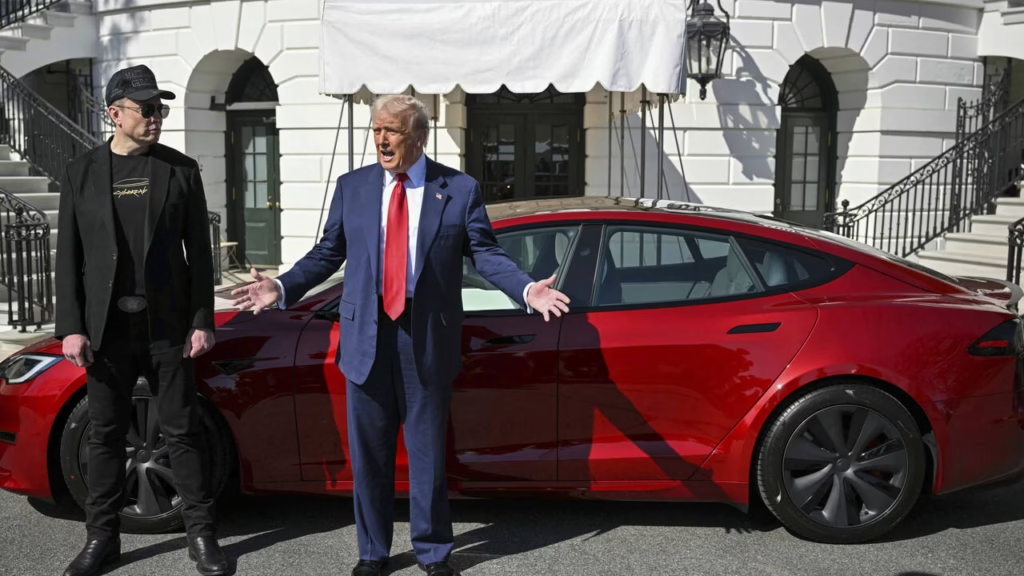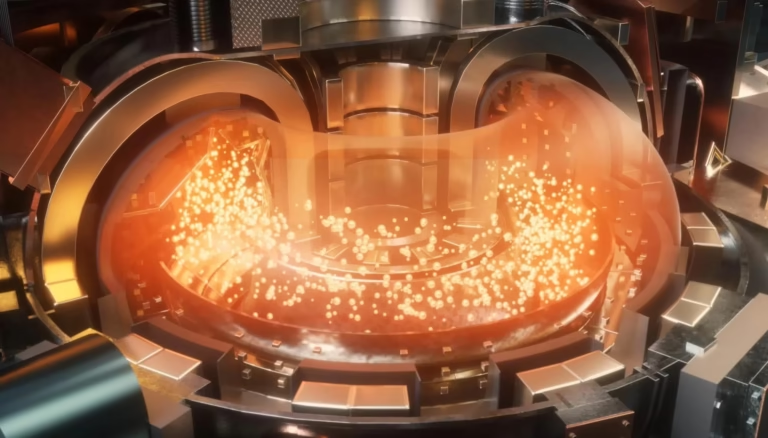Elon Musk Responds to Trump’s Tariff Announcement on Imported Vehicles!

Tesla CEO Elon Musk has publicly addressed the recent tariff plans announced by former President Donald Trump. On March 26, Trump revealed plans to impose a 25 percent tariff on imported passenger vehicles, light trucks, and key automobile parts, set to take effect on April 2. Musk’s response highlights concerns over how these tariffs might impact Tesla and its business operations.
Trump’s Tariff Plan and Its Implications
The proposed tariffs are part of a broader strategy by the Trump administration to address what it calls a “critical threat to US national security.” The White House claims that excessive imports have undermined the domestic automotive industry, threatening America’s industrial base and supply chains. The 25 percent tariff would apply to various vehicles such as sedans, SUVs, crossovers, and minivans, as well as automobile parts like engines, transmissions, and electrical components.

Notably, vehicles built in the United States, including those under the United States-Mexico-Canada Agreement (USMCA), would be exempt from the tariff, as long as importers can certify their U.S. content. Trump also added that if a vehicle is manufactured in the U.S., no tariff would apply, aiming to protect domestic manufacturers and workers.
Tesla’s Response to the Tariffs
Tesla, which produces 100 percent of its vehicles in the U.S., may seem like it stands to benefit from the tariff structure. However, Musk quickly pointed out that Tesla would still be impacted. Responding to a tweet from a user, Musk stated, “Important to note that Tesla is NOT unscathed here. The tariff impact on Tesla is still significant.” His comments suggest that while Tesla’s manufacturing location might shield it from some impacts, other aspects of the business could still face challenges due to the broader economic effects of the tariff.

Tesla’s Concerns About Tariff Impact on Exports
In a letter submitted to the U.S. Trade Representative (USTR) Jamieson Greer on March 11, Tesla outlined its concerns. The company emphasized that past U.S. tariff actions have had negative consequences for both domestic production and exports. Specifically, Tesla stated that such tariffs have increased manufacturing costs for vehicles produced in the U.S. and made them less competitive in international markets. Tesla urged the USTR to consider these factors when formulating future trade policies.
Trump’s Comments on Not Consulting Musk
Amidst the discussion, Trump mentioned that he had not reached out to Musk regarding the tariffs, citing concerns that Musk might have a potential conflict of interest due to Tesla’s business operations. This statement has added an additional layer of tension to the ongoing debate over trade policies and their impact on U.S. manufacturers.

Looking Ahead: Potential Economic Effects
While the tariffs are designed to protect the U.S. automotive industry, the long-term effects on companies like Tesla and other U.S. exporters remain uncertain. As the situation develops, it’s clear that the automotive sector will have to navigate the complexities of international trade policies, tariffs, and evolving market conditions. For Tesla, adapting to these changes while maintaining its competitive edge will require careful strategic planning and adaptability.






